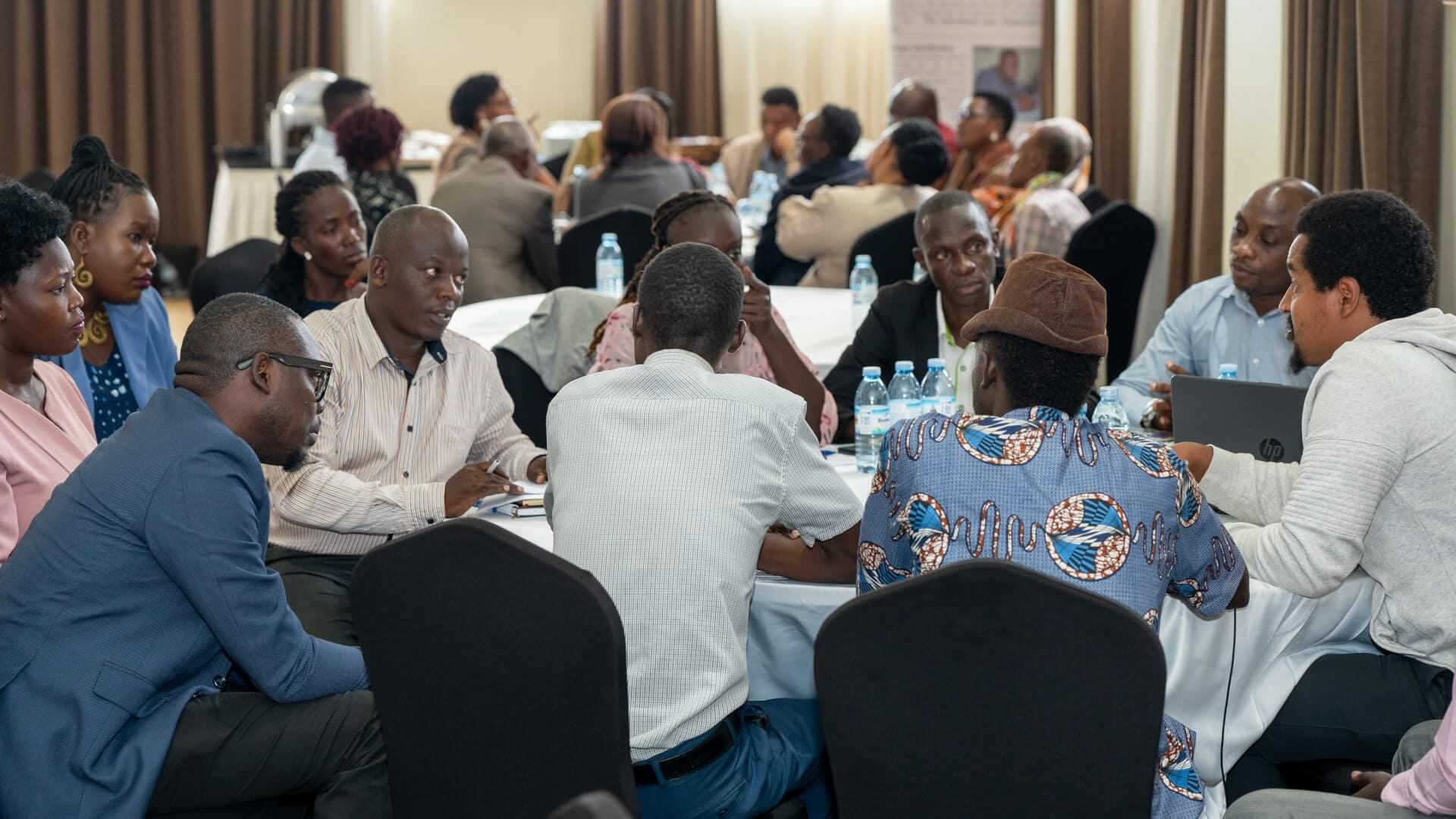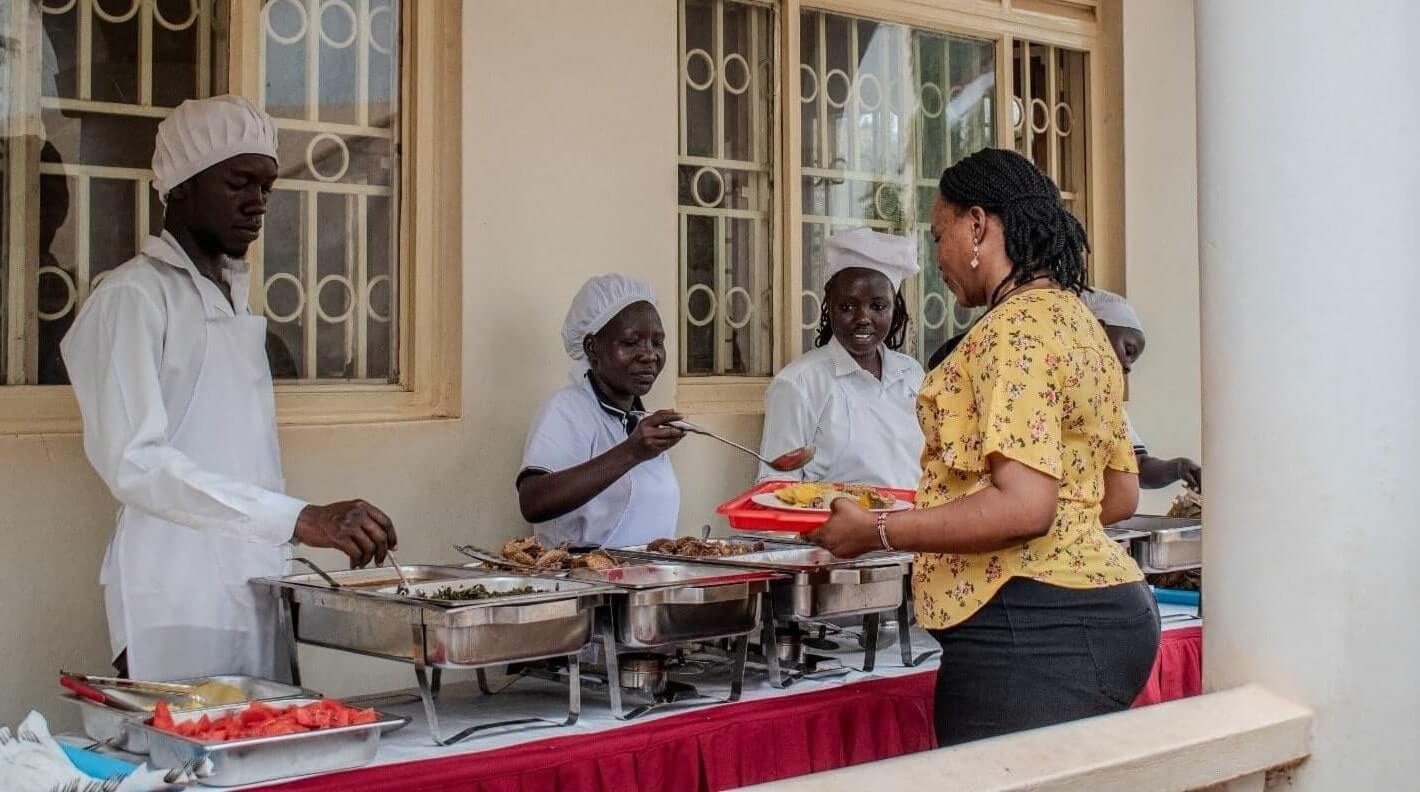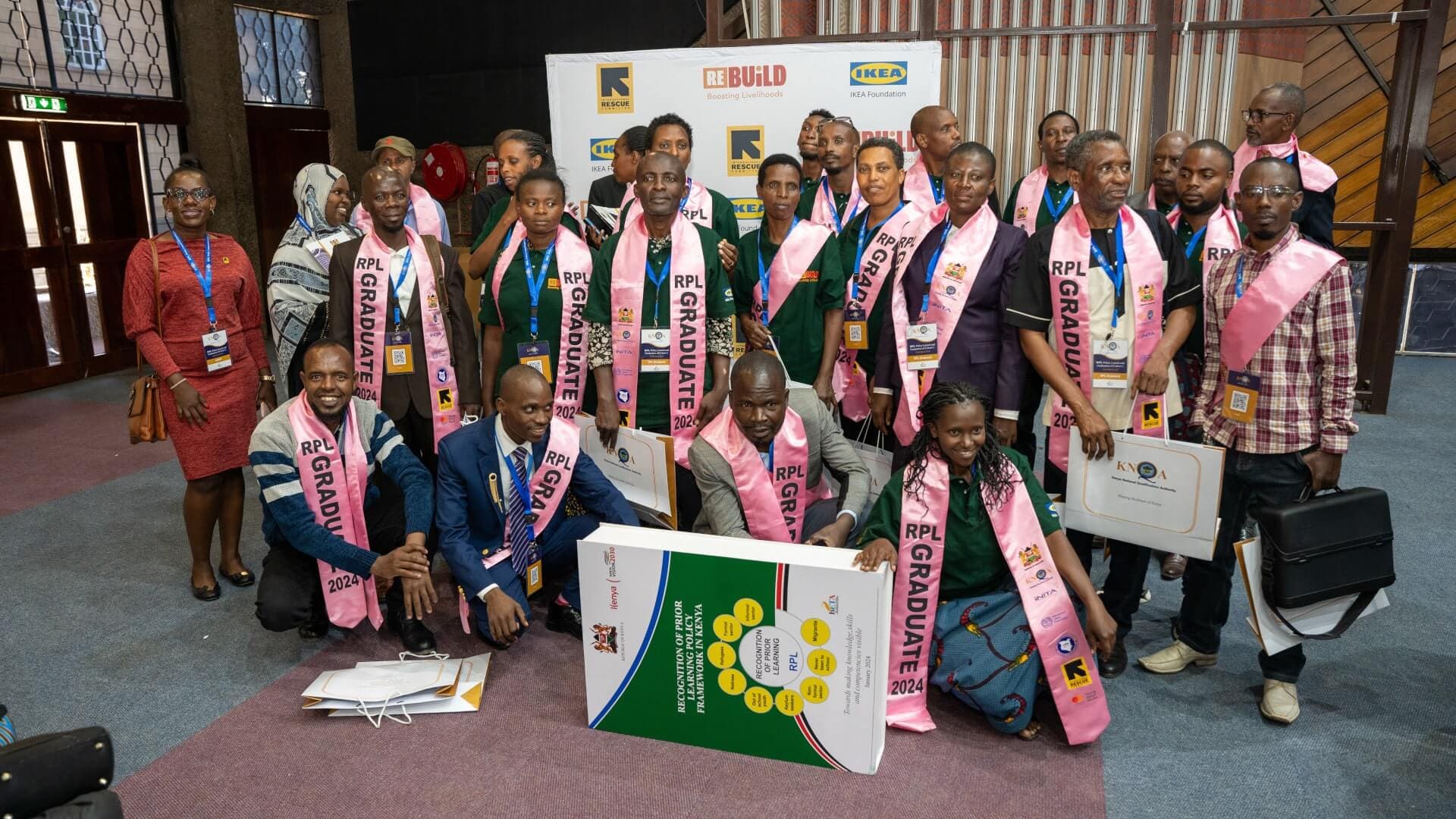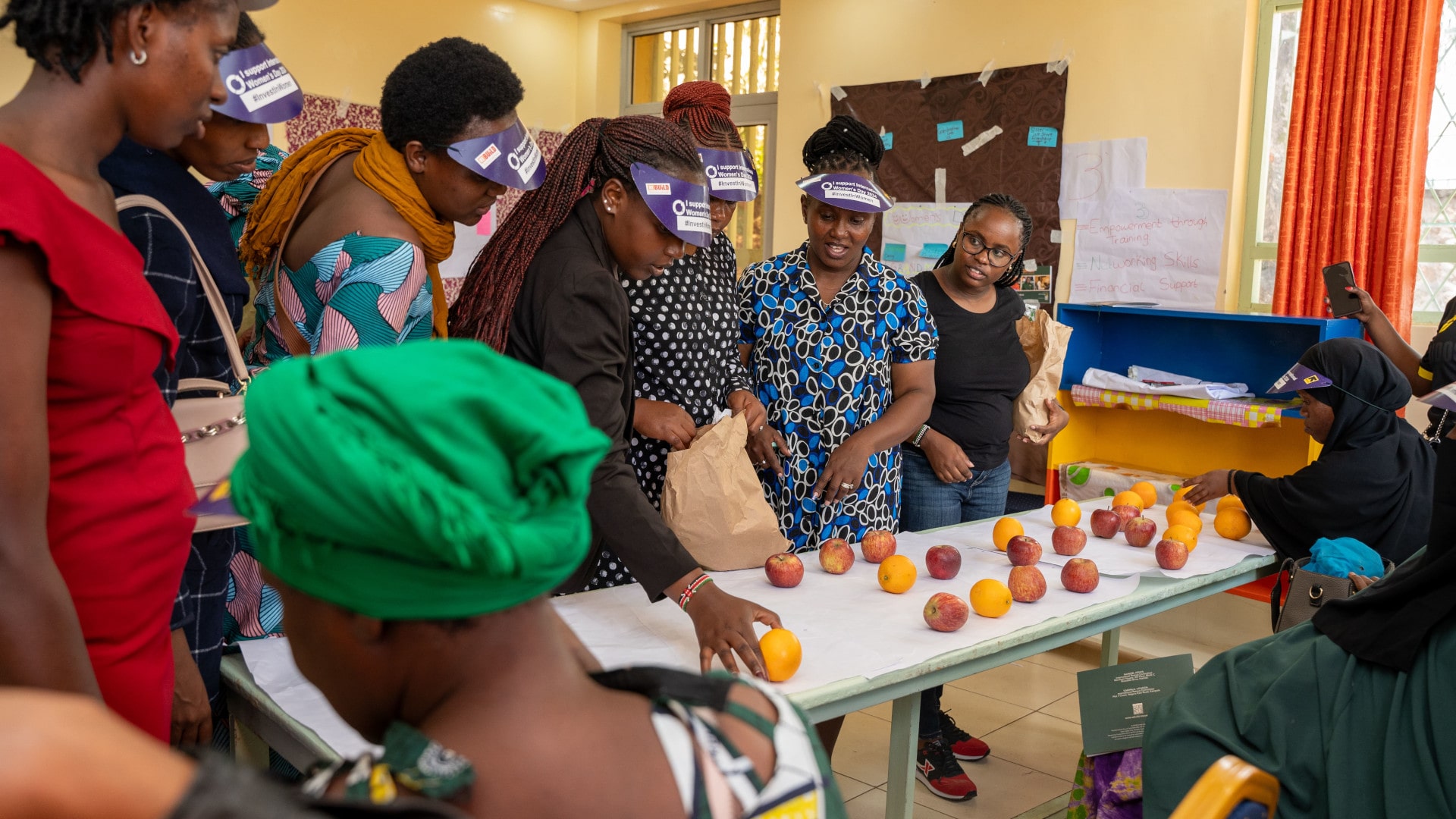Transforming Lives: A Collaborative Effort to Support Refugees in Kampala
Transforming Lives: A Collaborative Effort to Support Refugees in Kampala
Transforming Lives: A Collaborative Effort to Support Refugees in Kampala

February 27, 2024, Kampala. Re:BUiLD’s Program Director Priscilla Dembetembe hands Re:BUiLD IEC materials to Kampala City Council Authority’s Deputy Gender Director, Daniel Kaseregenyi during KCCA roundtable engagement at Skyz Hotel (PHOTO: Nathan Tibaku/TheIRC)
Kampala, the bustling capital city of Uganda, stands at the forefront of progressive refugee policies in Africa. Yet, despite these efforts, refugees within the city continue to face significant challenges that hinder their ability to thrive. Recognizing this critical gap, the Kampala Capital City Authority (KCCA) joined forces with the Re:BUiLD program in a groundbreaking initiative aimed at enhancing service delivery, livelihood opportunities, and social inclusion for refugees. This partnership signals a pivotal shift towards not just accommodating refugees, but actively working to ensure they can lead prosperous lives.
A Meeting of Minds for a Shared Cause
A recent engagement session between KCCA and the Re:BUiLD program that was held on 28th February 2024 at Skys Hotel Kampala, served as a platform to deepen the understanding of forced migrations, covering the spectrum from refugees to internally displaced persons. The session highlighted the intricate reasons behind forced migrations, such as persecution and conflict, and underscored the rights and obligations of refugees under international law. This foundational knowledge gave a deeper understanding of the context and challenges faced by refugees, laying the groundwork for the development of a strategic action plan in partnership with KCCA. This plan aims to address the multifaceted challenges refugees face in Kampala.
Addressing the Challenges Head-On
Discussions with KCCA officials and refugee representatives brought to light several critical issues, including information gaps, language barriers, complex documentation processes, discriminatory practices, and limited livelihood opportunities. These challenges highlight the barriers that refugees face in accessing essential services and opportunities for betterment in their host communities.
A Comprehensive Approach to Support
The collaborative efforts between KCCA and the Re:BUiLD program have resulted in the creation of a multi-faceted action plan aimed at tackling these challenges. Key strategies include:
- Information Dissemination: Utilizing projects like the Signpost Project to make information on services more accessible and understandable for refugees in their languages.
- Policy Discussion and Advocacy: Engaging in dialogue with KCCA to address service gaps and advocating for policies that support safe and fair market environments for refugee-owned businesses. This could be done in partnership with local civil society organizations and private sector associations in Kampala.
- Awareness Creation and Mindset Change: Launching joint campaigns against discriminatory practices and organizing community workshops to foster social cohesions leading to a more a inclusive attitude towards refugees.
- Enhancing Decent Work Opportunities: Collaborating with KCCA labor officers to uphold decent work standards for all, including refugees, and facilitating their access to skill development programs and job opportunities as highlighted in the decent work policy brief.
- Strengthened Coordination: Establishing regular communication and coordination mechanisms among all stakeholders involved in refugee support services to ensure a cohesive and effective approach.

February 27, 2024, Kampala. Participants discuss action points during breakout session at the KCCA roundtable engagement. Participants included KCCA officials, refugee leaders, Re:BUIlD program staff and partners.(PHOTO: Nathan Tibaku/TheIRC)
Moving Forward Together
The initiative by KCCA and the Re:BUiLD program represents a beacon of hope for refugees in Kampala. By implementing the proposed action plan, these organizations aim to not only improve the lives of refugees but also contribute to a more vibrant, inclusive, and prosperous society for all residents of Kampala. This collaborative effort stands as a testament to what can be achieved when communities come together to support those in need, ensuring that refugees can look forward to a future filled with opportunities and hope.
As these efforts unfold, the journey of refugees in Kampala from survival to thriving serves as a powerful reminder of the importance of solidarity, empathy, and action in addressing the global refugee crisis.


